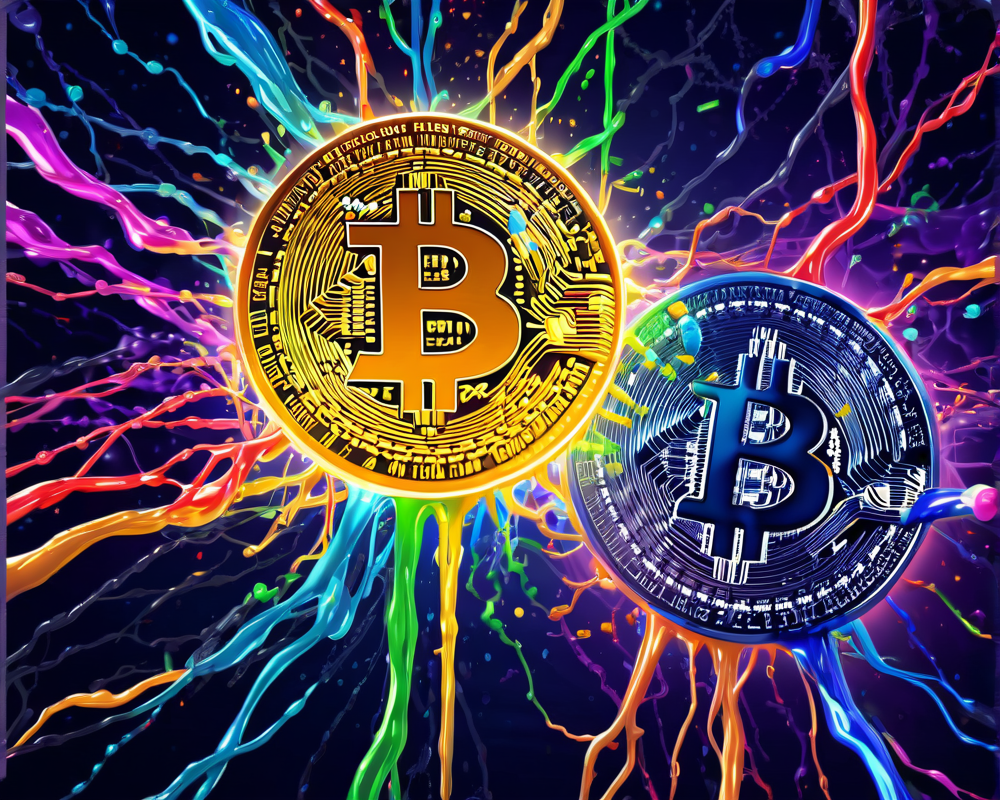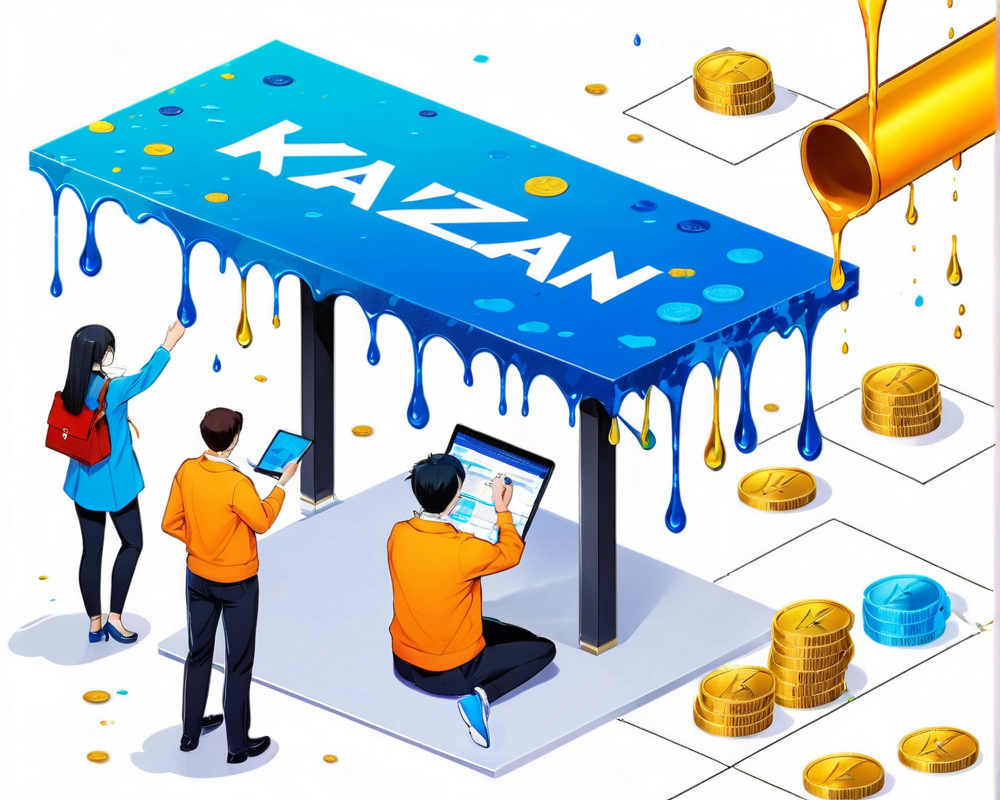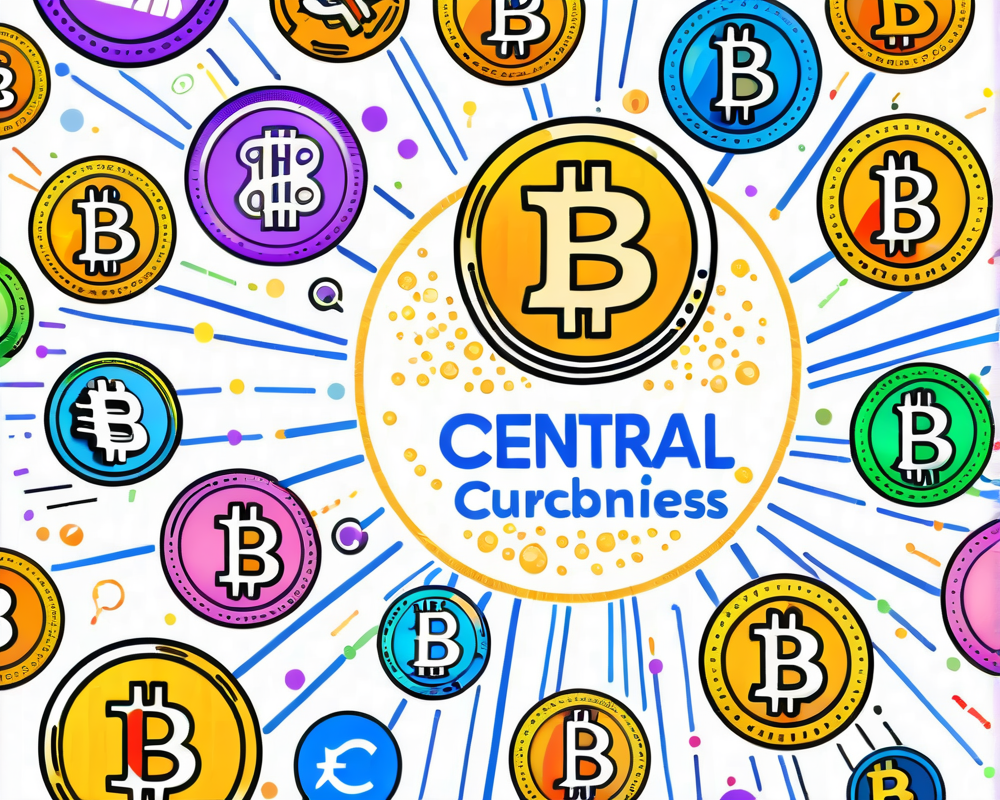Rethinking Decentralization
Ah, the social media landscape. It’s like a buffet—plenty of options, but you often leave feeling unsatisfied or questioning your choices. This summer, Vitalik Buterin gave a shout-out to the need for social applications on Ethereum, and suddenly, everyone wants a piece of the decentralized social pie. But let’s face it: framing crypto social networks purely as decentralized versions of Twitter is like calling a taco a sandwich. It’s a stretch.
The Necessity of Privacy and Censorship Resistance
First up, let’s chat privacy. In an age of data breaches and targeted ads, the right to privacy is slipping through our fingers like a greasy slice of pizza. Big Tech has mastered the art of monetizing our every online move; in fact, Facebook made a jaw-dropping $28.6 billion in advertising revenue this past quarter. Remember: If you’re not the customer, you’re the product. But crypto networks flip this script—your personal data isn’t an all-you-can-eat buffet for advertisers. The encryption and privacy offered by decentralized social networks challenge this: they allow us to communicate freely, without lurking corporate watchdogs.
Case in Point: Censorship
Ever tried to voice a controversial opinion on a centralized platform? It’s like trying to swim against a riptide. Take, for example, Discord’s decision to ban the r/WallStreetBets server amid the GameStop frenzy. Ouch! Decentralized networks can dodge this nonsense; if no single entity controls the servers, no one plays bouncer at the door. However, not all is rosy in the land of decentralized communication—moderation presents its own set of challenges.
Moderation Dilemma: Censorship vs. Control
Let’s be real: if moderation doesn’t get tackled correctly, crypto social networks could quickly become hotbeds for spam and trolls. It’s a catch-22. On one hand, users want an unfiltered platform; on the other, they don’t want their community overrun by virtual pestilence. The solution? Implement token-based permissions for community engagement. Think of it as a VIP pass—you hold a certain token, you can post; no token? Sorry, you’re stuck in the audience. This method keeps spammers at bay while preserving the community’s autonomy.
Decentralized Governance: A Rebel’s Playground
Speaking of autonomy, let’s dive into governance. Traditional platforms operate like feudal systems: the benevolent lord—aka the platform founder—controls everything. But decentralized networks flip the script and grant users a voice—cue the fireworks! Implementing governance tokens allows community members to vote on decisions that affect their online abode. The era of corporate bureaucracy is over; it’s time to put the power back in the hands of the people!
Decentralized Money: The Economy of Participation
As we roll along the roadmap to decentralization, we can’t overlook the necessity of secure, decentralized money. After all, tokens aren’t just pretty digital stickers; they’re a viable way to ensure platform sustainability. Imagine becoming a shareholder in your favorite social platform! Each token you hold becomes a currency of participation—whether voting on new features or funding community projects. You engage with your tokens like a financial superhero, all while elevating the network’s growth.
The Future is about Purpose
With all these themes in mind, it’s clear that creating sustainable, decentralized social networks requires us to think way beyond the term ‘decentralization.’ We need platforms that genuinely respect privacy, encourage community moderation, implement decentralized governance, and harness secure community economics. Now that’s a recipe for social media that champions our intellectual and financial sovereignty, rather than just regurgitating buzzwords. So, here’s to building networks that work for us—not the other way around!
Disclaimer: This article does not constitute investment advice. Every investment is fraught with risk; ensure you do your own due diligence!
Author’s note: The views expressed are my own and not those of any external organizations.




